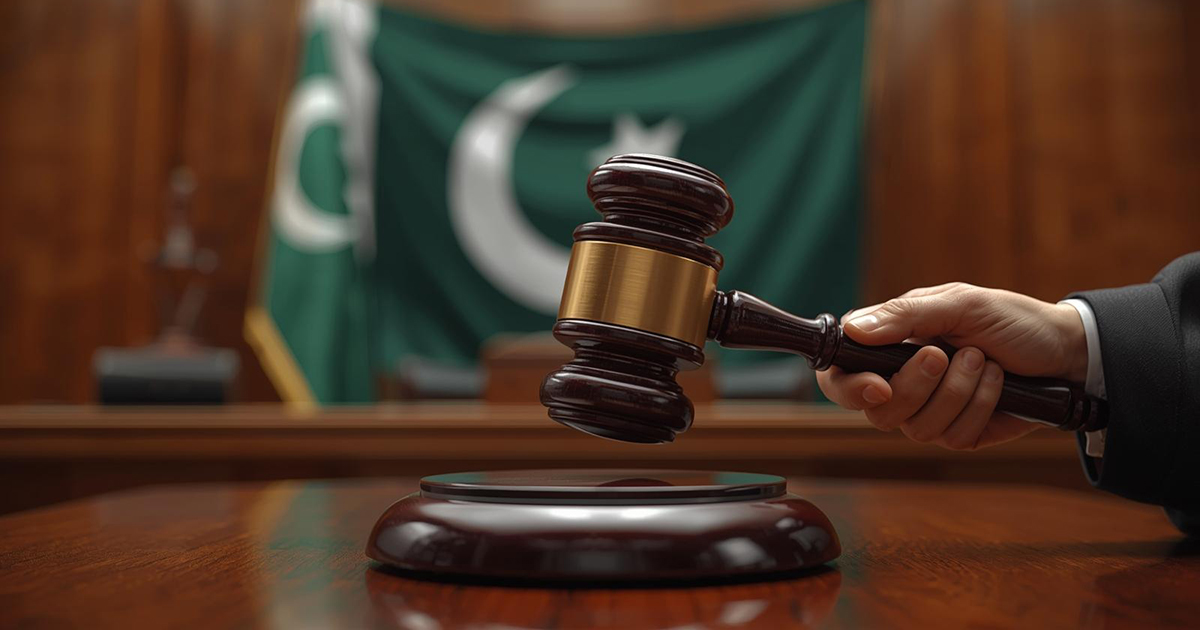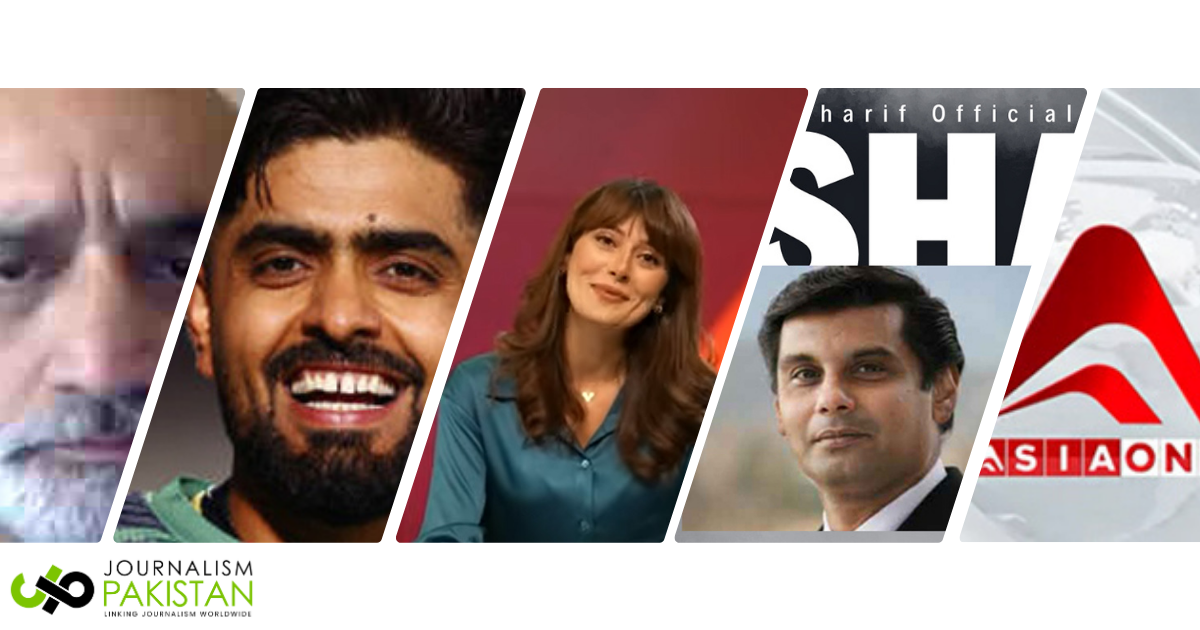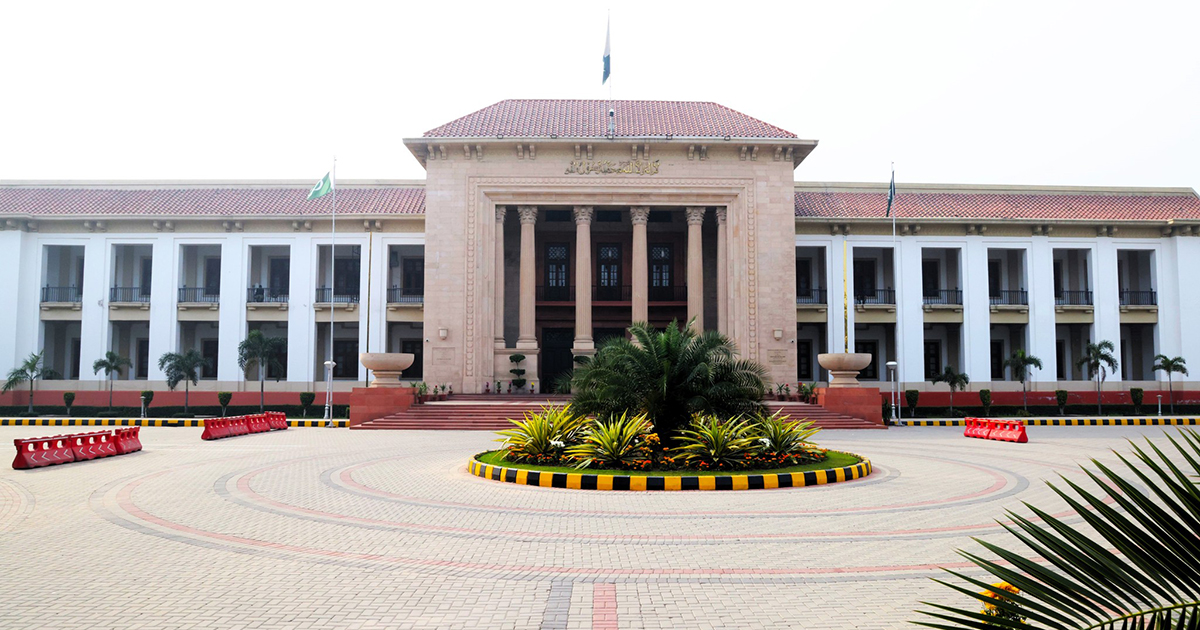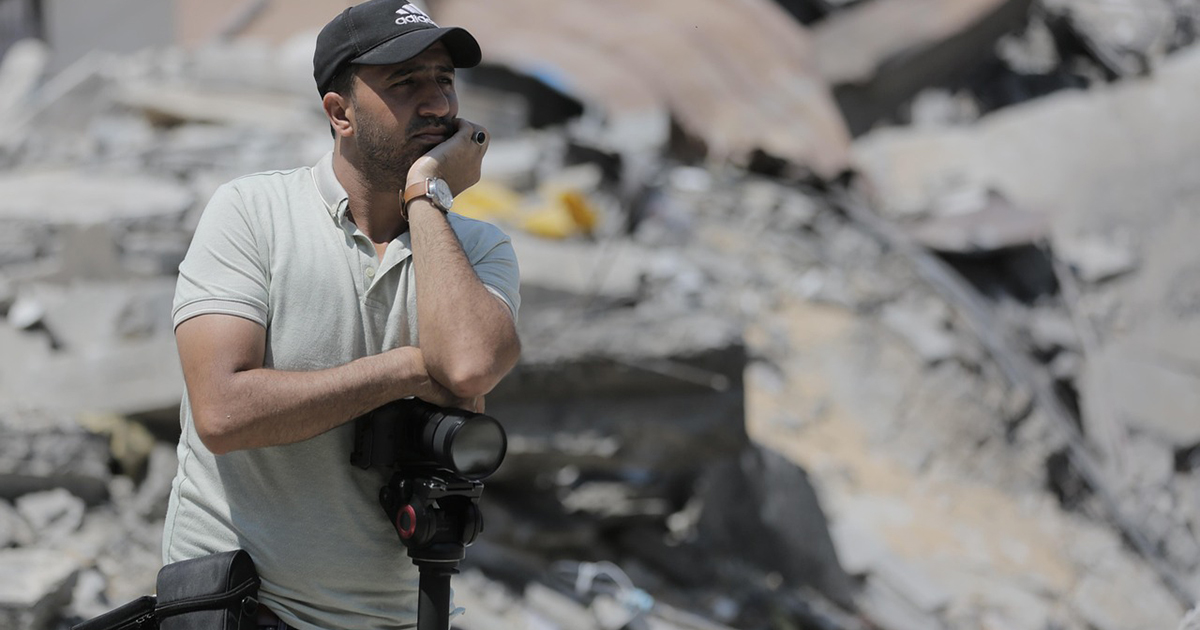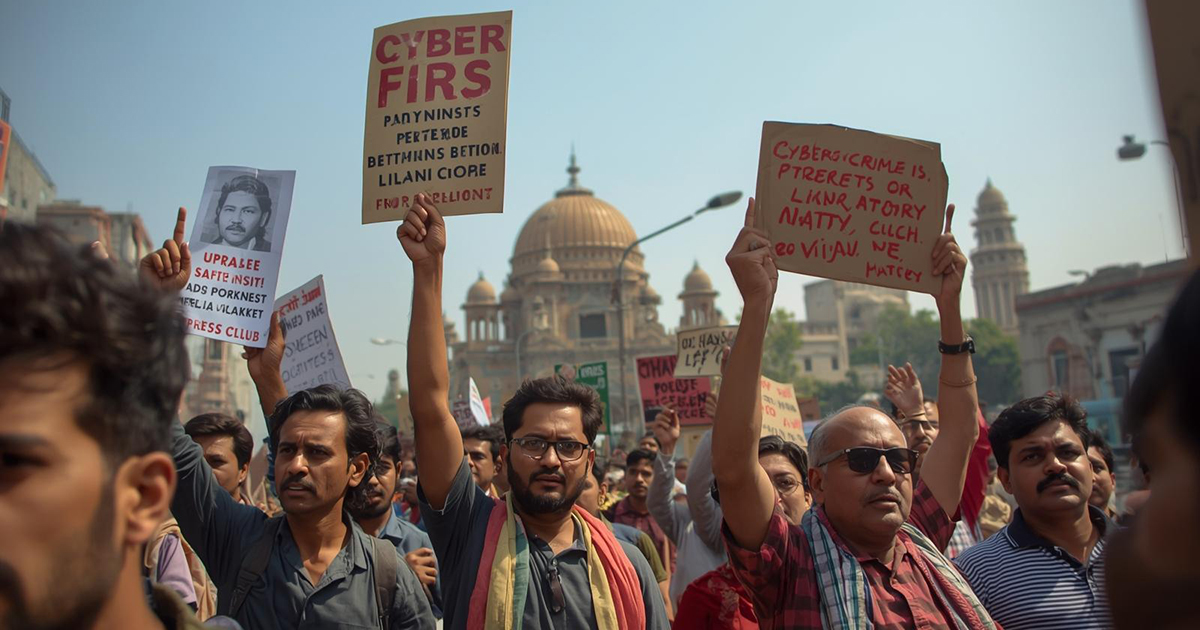Twitter warns Pakistan rights activists over government criticism
JournalismPakistan.com | Published: 13 November 2018
Join our WhatsApp channel
Twitter has warned two Pakistani rights activists about their online content amid a tightening of free speech in Pakistan. Authorities are pushing the platform to take action against criticism of the government.Summary
ISLAMABAD - Two Pakistani rights activists said on Monday they had been warned by Twitter about objectionable content on the social media network, a move that signals an ongoing push by authorities in Pakistan to rein in free speech online.
The warnings come a week after the social media company suspended the Twitter account of an ultra-right Pakistani cleric who issued threats to the government and judiciary over the acquittal of a Christian woman accused of blasphemy.
But a civil rights advocate said the activists’ tweets were not the same as those of the cleric since they did not advocate violence, adding that the complaints appeared to be part of a campaign to suppress peaceful criticism within Pakistan.
“Warnings sent out by Twitter are an example of how online spaces are being regulated and are shrinking for internet users voicing their opinions,” said Nighat Dad, a Pakistani lawyer, and internet activist.
Twitter later said it lets users know when it receives a government request to remove their content for violations of law or the company’s terms of service.
“In our continuing effort to make our services available to people everywhere, if we receive a valid request from an authorized entity, it may be necessary to withhold access to certain content in a particular country from time to time,” the company said in a statement.
But the company does not always take action.
Twitter denied all of Pakistan’s 156 requests to remove content from January 2012 through December 2017, according to the company’s global Transparency Report. It has yet to publish any data on content removal for 2018.
In recent emails, Twitter told activist Taha Siddiqui it had received complaints his account was in “violation of Pakistani law,” he said, and it added that further action could be taken, but did not specify what.
“Pakistani authorities ... are pressuring Twitter to take ‘legal’ steps against me,” Siddiqui, a correspondent for France 24 television, who fled Pakistan this year, told Reuters. “Twitter should stop becoming a facilitator of repressive regimes.”
Pakistan’s Information Minister Fawwad Chaudhry told Reuters his office was “trying to establish close coordination” with Twitter to curb “hate speech and death threats”, but did not directly respond to questions on the cases of Siddiqui or Gul Bukhari, another activist who received two warnings.
Bukhari, who was briefly abducted in July from a military cantonment in Lahore, said one of her email warnings from Twitter referred to a tweet that criticized the government’s lack of action against a prominent cleric.
The cleric, Khadim Hussain Rizvi, had his account blocked last week after he threatened the Supreme Court judges who acquitted Asia Bibi and urged their cooks and servants to kill them.
In a reply to Twitter, Bukhari said Rizvi’s speeches violated the law because he was inciting violence against state officials.
“In my tweet I am asking government to take action against him. In which world is that illegal?” she wrote.
Siddiqui, who left Pakistan after a failed abduction attempt he blames on the powerful military over his frequent social media criticism, now lives in France and says he believes the complaint to Twitter came from his home country. - Reuters
KEY POINTS:
- Twitter warned activists about content violations related to government criticism.
- This follows recent actions against a cleric who threatened officials.
- Activists argue their tweets do not incite violence unlike others.
- The crackdown reflects increasing pressure on free speech online in Pakistan.
- Twitter's compliance with government requests has been a point of contention.



